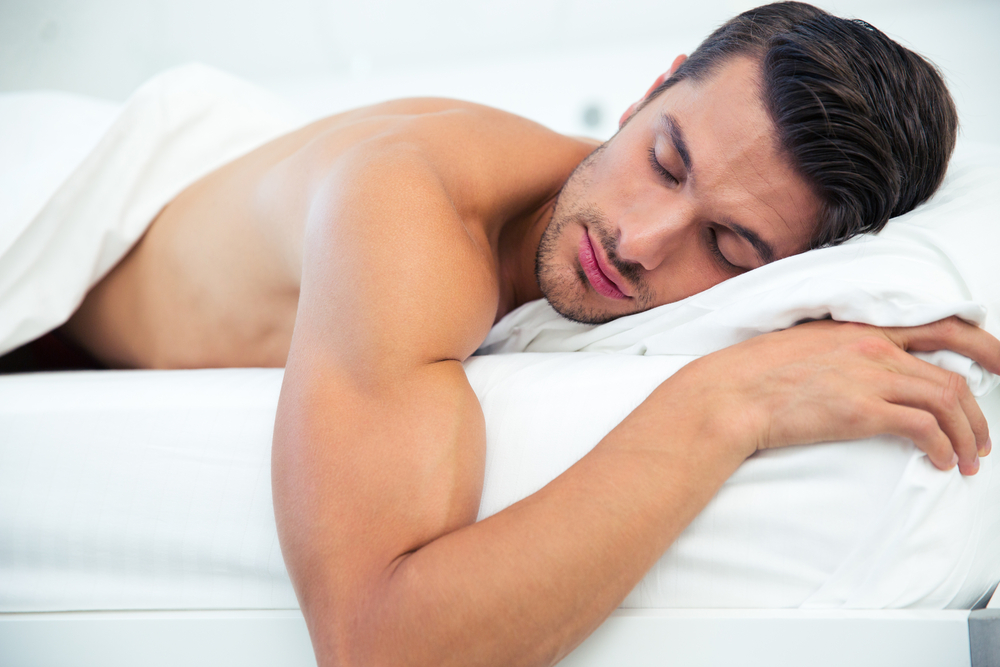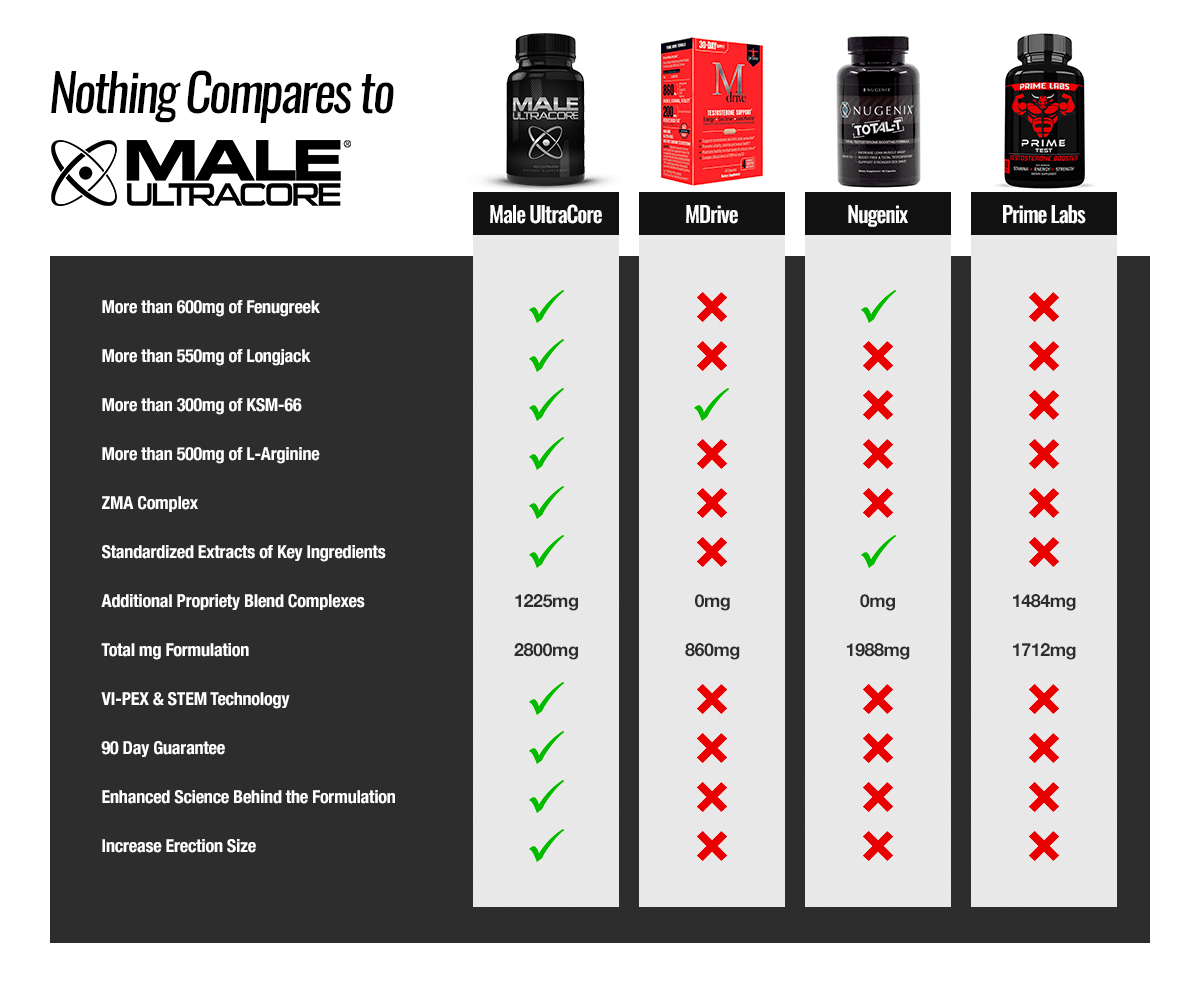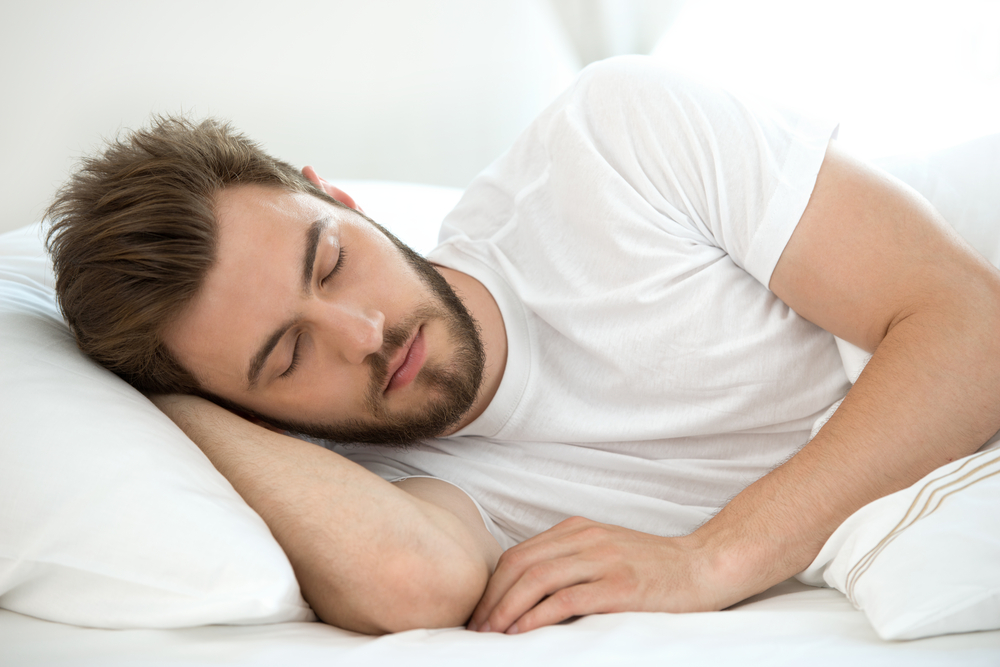People with high blood pressure are prescribed to take beta-blockers, such as propranolol. People are curious whether this drug can help them sleep. But one of the known side effects of beta-blockers is insomnia, which means that propranolol cannot aid in sleep.
What is Propranolol?
This drug is a beta-blocker that helps in decreasing blood pressure. This helps to ensure that a sufficient amount of oxygen is being pumped throughout the body. Propranolol includes Hemangeol, InnoPran XL, Inderal LA, and Inderal.
One of the less common side-effects of propranolol is trouble sleeping or nightmares. Not all people who take propranolol may experience sleeping difficulties. If this happens to you, you need to seek immediate help from your doctor.
How Propranolol Cause Sleep Disturbances
Well, propranolol is a beta-blocker. And beta-blockers are linked with sleep disturbances such as difficulty in sleeping and staying asleep. This is because the production of melatonin in your body is inhibited. People with high blood pressure typically have low levels of melatonin.

The pineal glands in your brain are responsible for secreting melatonin. Normal levels of melatonin lead to normal circadian rhythms. But if the melatonin levels in your body are low, you will most likely find it difficult to sleep or stay asleep. That is the reason why people who take beta-blockers, such as propranolol, are also suggested to take melatonin with a dose ranging from 500 mcg to 5 mg a day.
Furthermore, propranolol can block the biological pathway of CoQ10. This is a naturally occurring enzyme for the growth and maintenance of your cells. People with heart-related conditions, such as high blood pressure, usually have low levels of CoQ10.
Low levels of CoQ10 can affect your energy production, as well as your shield against free radicals. This, in turn, contributes to fatigue. Although this decreases with age, people with cardiovascular problems as well as beta-blocker users, such as propranolol, can improve CoQ10 by taking CoQ10 supplements. A dose of CoQ10 ranges from 100 to 200 mg a day.
Propranolol and Melatonin
Propranolol is a beta-blocker that is shown to suppress melatonin levels. Melatonin regulates sleep. If melatonin levels are affected, you will most likely experience insomnia. That is the main reason why propranolol cannot aid in sleep. Instead, it promotes sleep disturbances.
Several studies, however, show that melatonin supplementation can help in reducing sleep disturbances. People who have repeated melatonin supplementation have better sleep time, and in fact, it increases by 37 minutes.
Propranolol and CoQ10
Some enzymes are dependent on CoQ10. If CoQ10 is inhibited, your body is less likely to convert food into energy. If that happens, then your daily activities will be affected. Propranolol can obstruct enzymes that are CoQ10 dependent. That is the main reason why you experience drained energy when taking propranolol.
We might think that a lack of energy can make us sleep. But several studies show that low energy can cause sleep problems like insomnia. Despite being tired due to low energy, chances are you will experience sleep disturbances.
But just like melatonin, CoQ10 supplementations are also used for hypertension, as well as angina. People experienced improved blood pressure after taking CoQ10. On the other hand, people can exert greater energy without experiencing chest pain after taking CoQ10. Your sleep will be improved even if you take propranolol if you also have CoQ10 supplementation.
How Propranolol Helps You Sleep
Propranolol is a type of beta-blocker that can also treat anxiety. Anxiety is one of the common causes of sleep disturbances. Some of the most common symptoms of anxiety include worry, fatigue, irritability, and nervousness.
These symptoms will most likely cause sleeping problems. Aside from the fact that 40 million people in the US have sleep disorders, this is aggravated by anxiety. And sleep disorders can affect your mental, emotional, and physical functioning. The good news is that propranolol can treat anxiety, which is affecting your sleep.

In this case, propranolol can help you sleep better. Propranolol prevents the release of adrenaline throughout your body. So, your body won’t shake, your heart won’t beat faster, and your lungs won’t demand more oxygen. If you don’t experience the symptoms of anxiety, then you will get a night of better sleep. You can sleep soundly if you reduce anxiety.
Although propranolol itself cannot eliminate the feeling of anxiety, it can improve its symptoms. Indeed, anxiety can cause trouble sleeping. Sleeping problems can contribute to irritability, mood, and depression. That is the reason why treating the symptoms of anxiety is as important as treating high blood pressure. And using propranolol to treat anxiety can help you get better sleep.
Conclusion
Propranolol is a kind of beta-blocker that can generally cause sleep disturbances. This is because it affects the production of melatonin and CoQ10. Low levels of melatonin and CoQ10 are said to contribute to sleep disturbances.
Sleep is very crucial for our entire well-being. If we don’t get a night of better sleep, we will be at risk of various health-related problems. Propranolol should treat high blood pressure as well as other conditions. It should not promote health issues. That is the reason why if you are taking propranolol and you experience this symptom, you need to seek immediate help from your doctor. Anyway, sleep problems are less common side-effects of beta-blockers.
But there are instances when propranolol can help you sleep better. Propranolol is said to treat anxiety. Anxiety is one of the common reasons for insomnia. But if you reduce the symptoms of anxiety, you will most likely get a good sleep.
Increase Your Testosterone Levels with Testosterone Boosters
Male UltraCore is a premium testosterone boosting supplement that is designed to maximize test levels, increase your performance and drive, and give you harder and fuller erections. 





